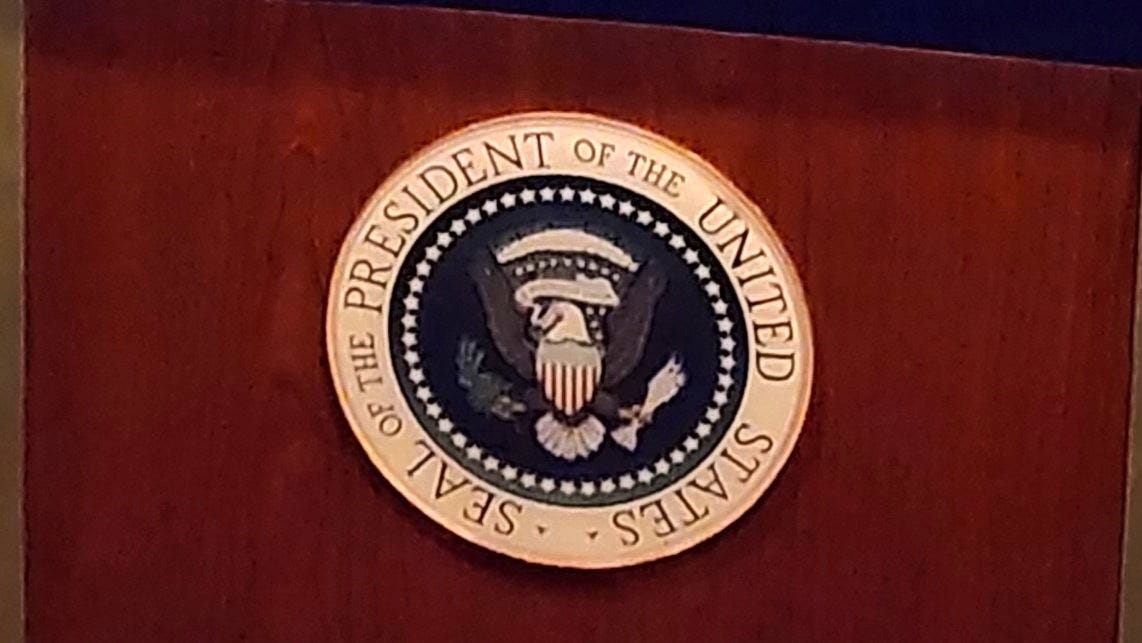The unforgivable call for violence
On personal security, prudential decision-making, and the rhetoric that renders a politician unforgivable
General Mark Milley, the outgoing Chair of the Joint Chiefs of Staff, has been forced to seek personal security protection after a former President implied that Milley should be executed. Only one former President would say such a thing; his long-standing enthusiastic embrace of the language of violence being so far outside the norm that it is a personal signature.
■ Everyone makes mistakes, and politicians are no exception. Their mistakes are often made for much bigger audiences than most. But so are their choices, whether to do right or wrong. Many questions they face fall within the boundaries of judgment -- a policy decision may turn out well or badly, but an honest advocate could at least make a defensible case for or against.
■ That isn't the case when someone resorts to the language of violence. There is no defense or excuse for it, and the indisputable proof is this: Were Gen. Milley to have said the very same thing about the ex-President that the ex-President wrote about him, then the consequences wouldn't stop at swift and immediate censure, but would likely extend to criminal investigation and possible prosecution.
■ Forgiveness is a vital personal virtue. Life itself would be difficult to endure without interpersonal forgiveness. But forgiveness exists within a broader concept of reconciliation: People reclaiming a hostile space that develops between them by reaching out to make things better again.
■ There is no obligation, though, for a society at large to forgive its worst trespassers, most especially when they make no effort to reconcile. The system depends upon civilized practices like the peaceful transfer of power and the non-incendiary use of rhetoric to settle our differences. Without them, there is no policy choice that is safe for debate.



